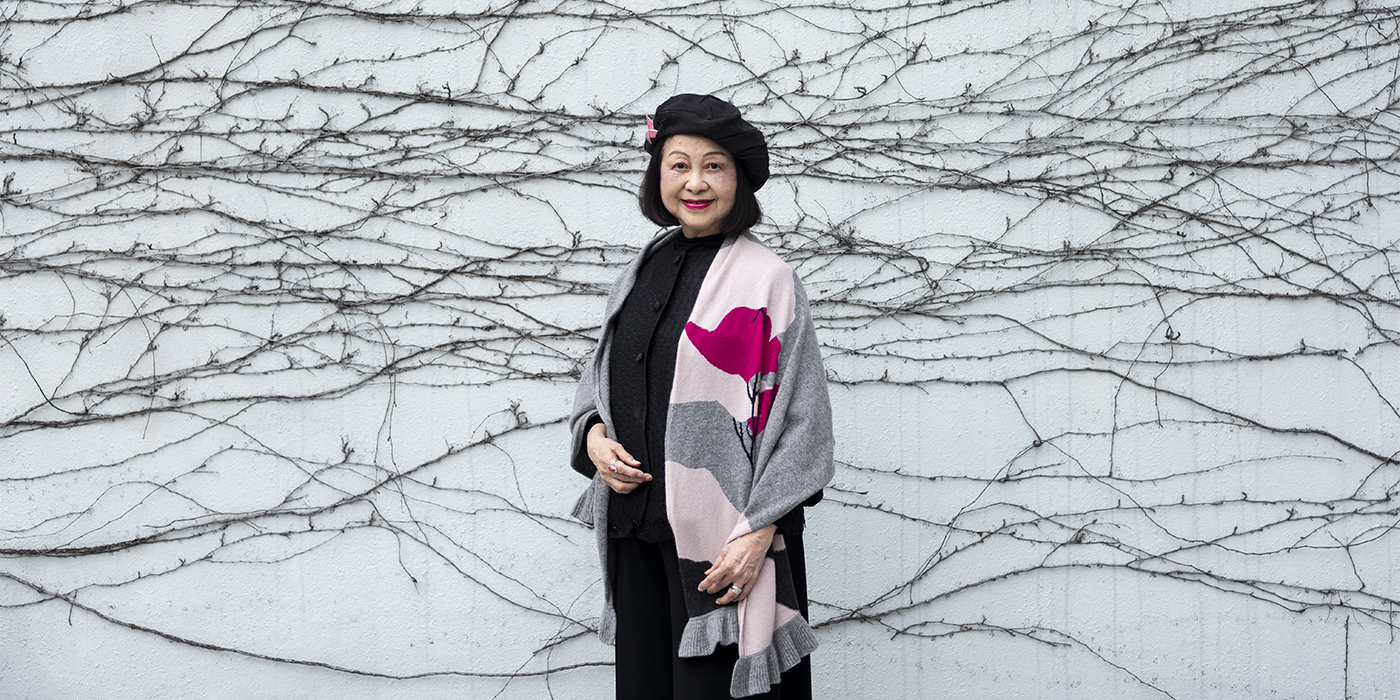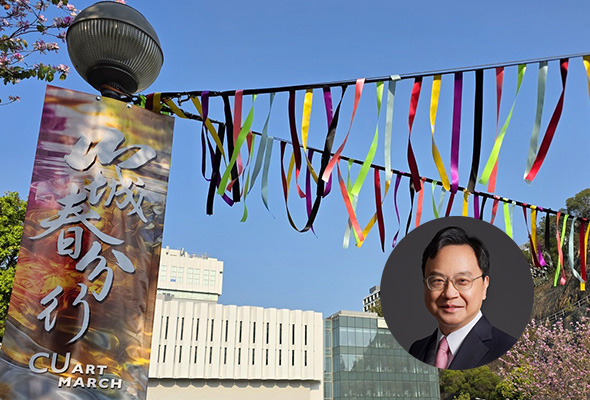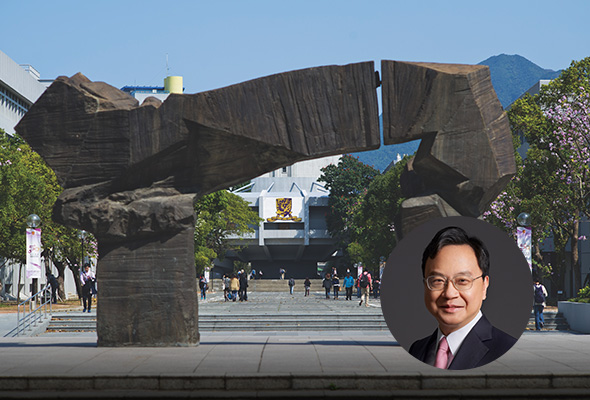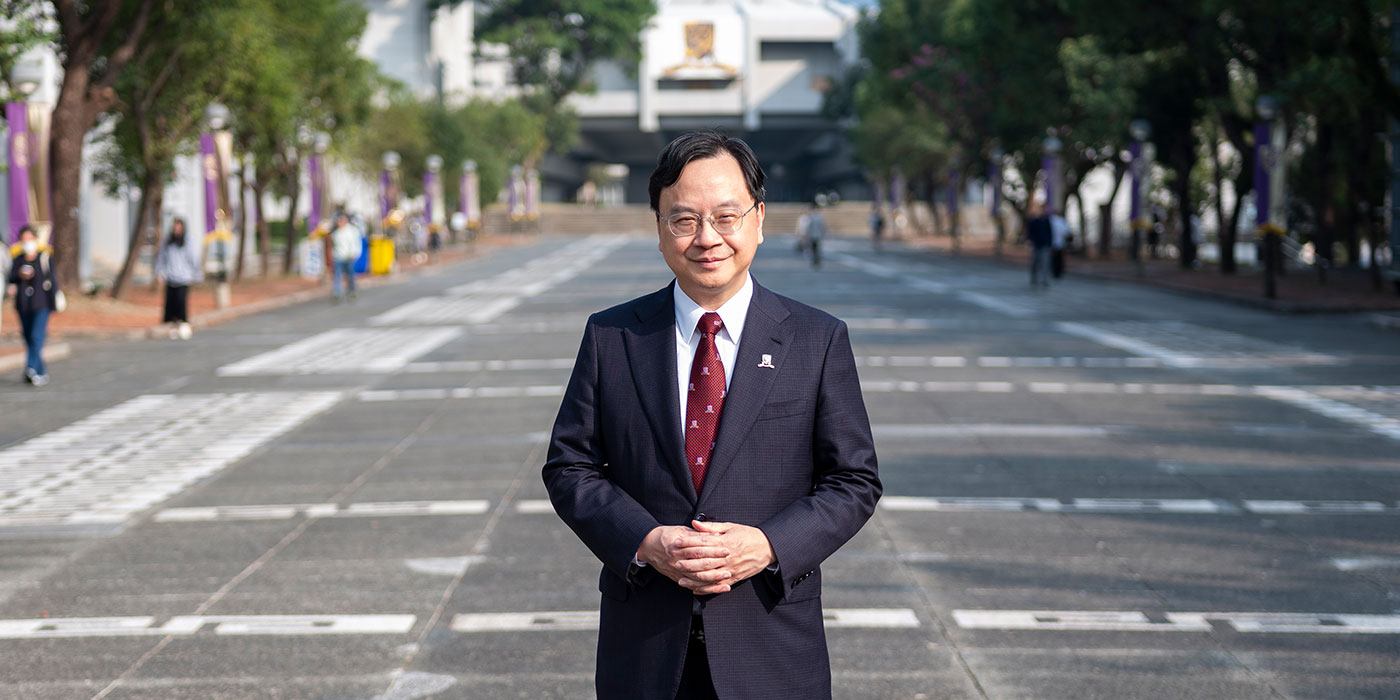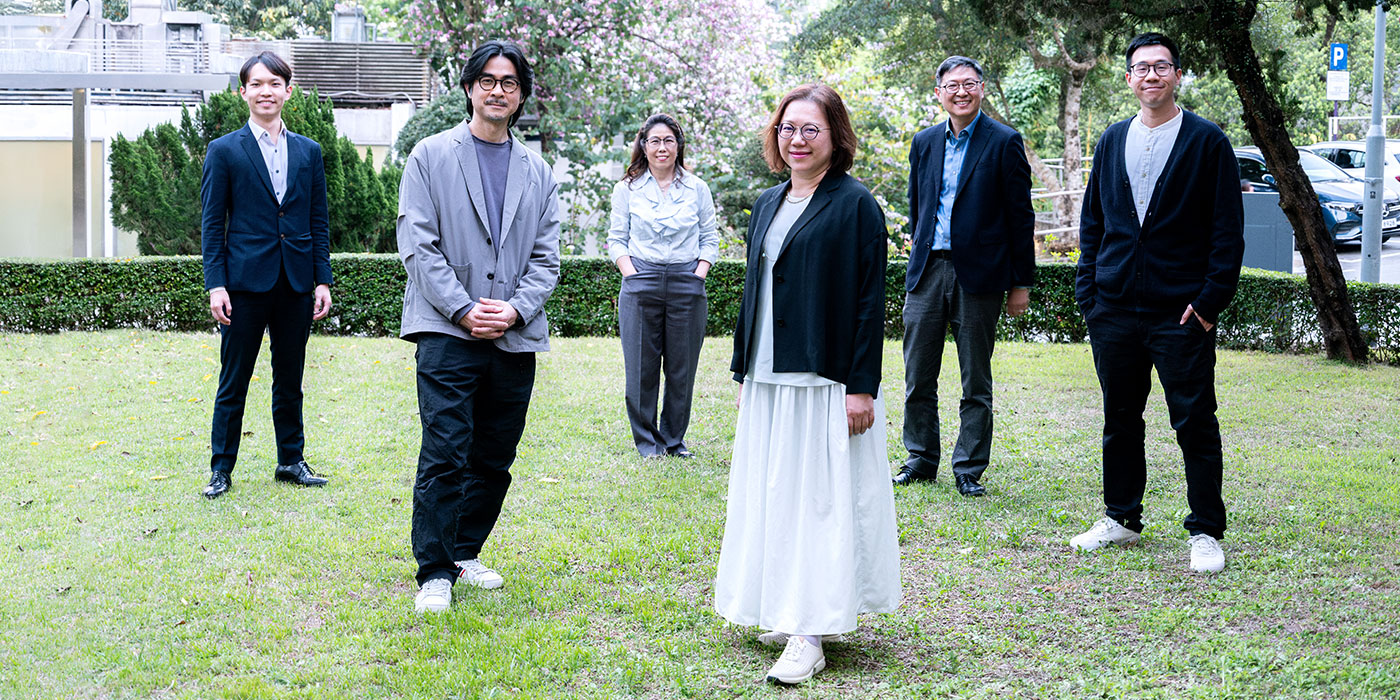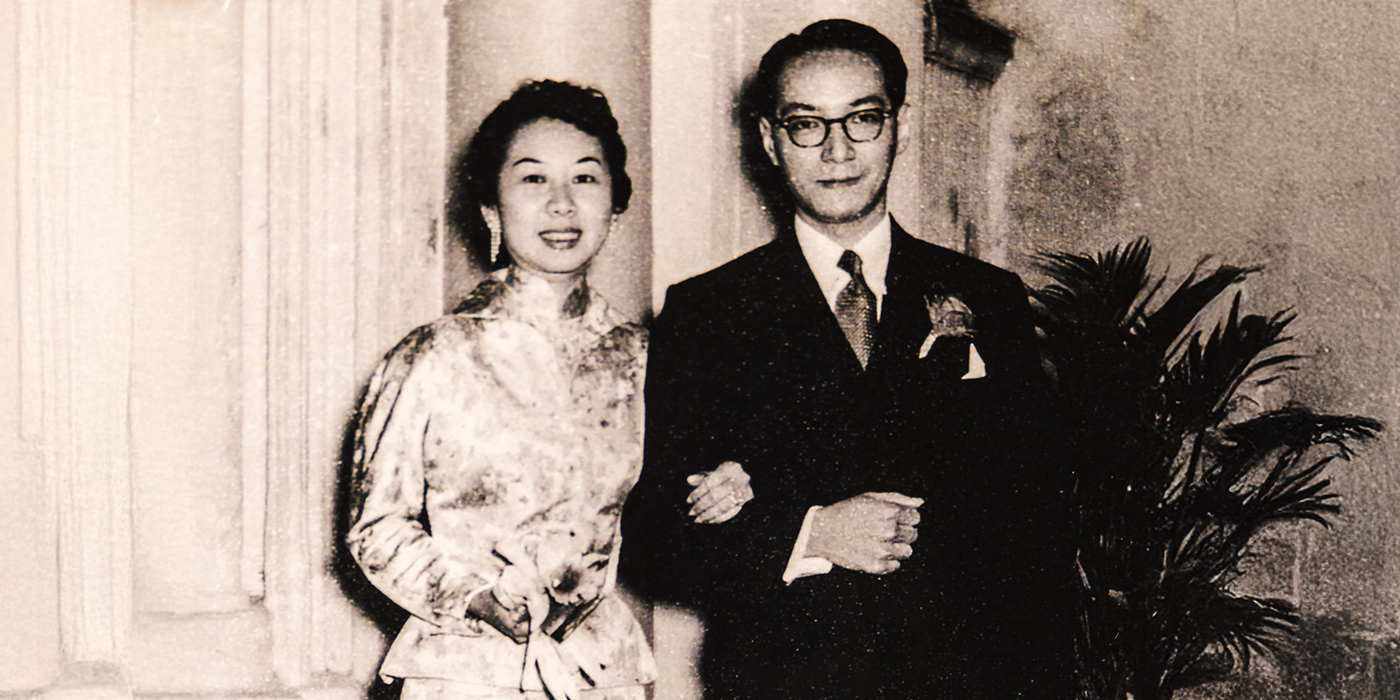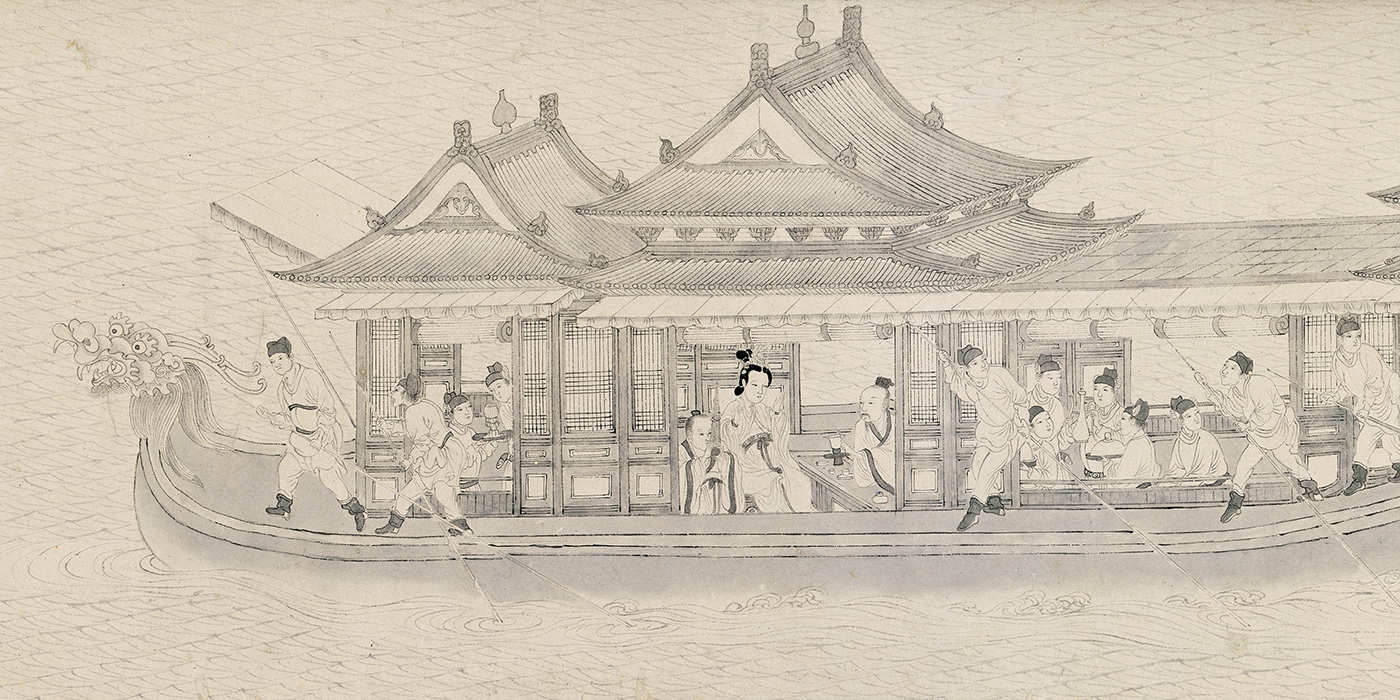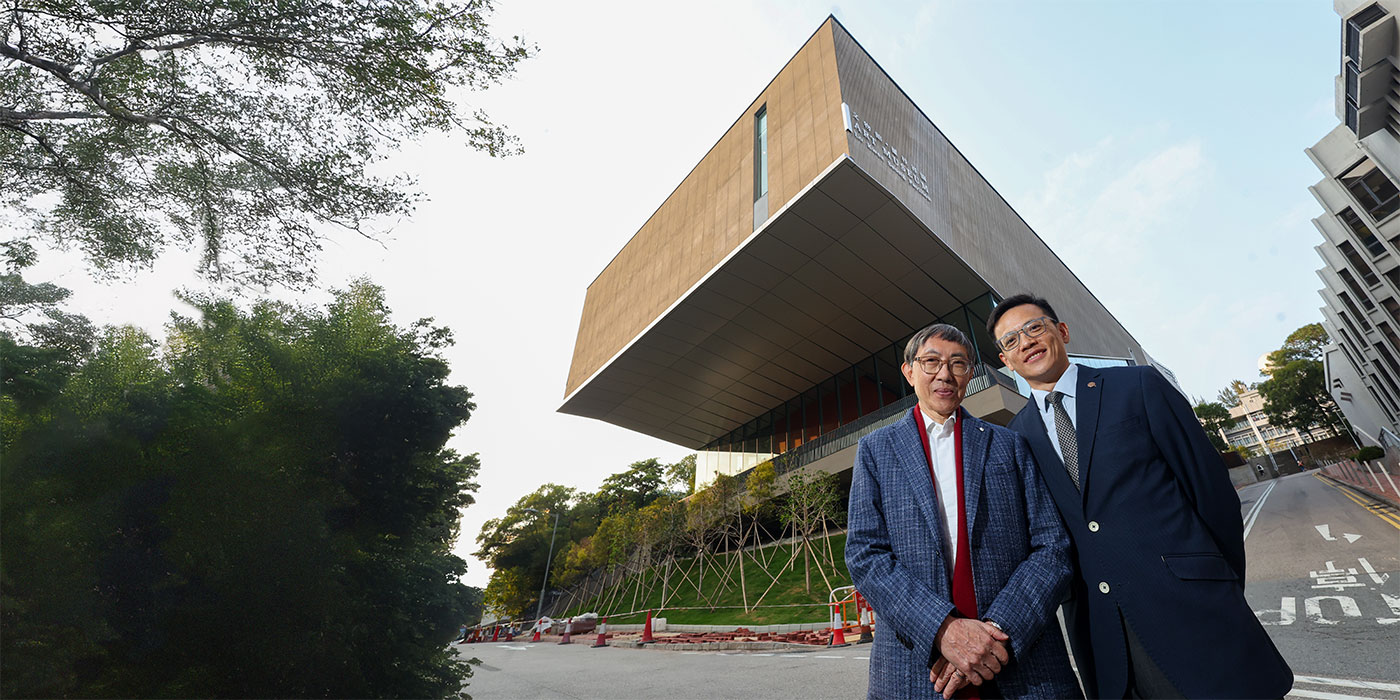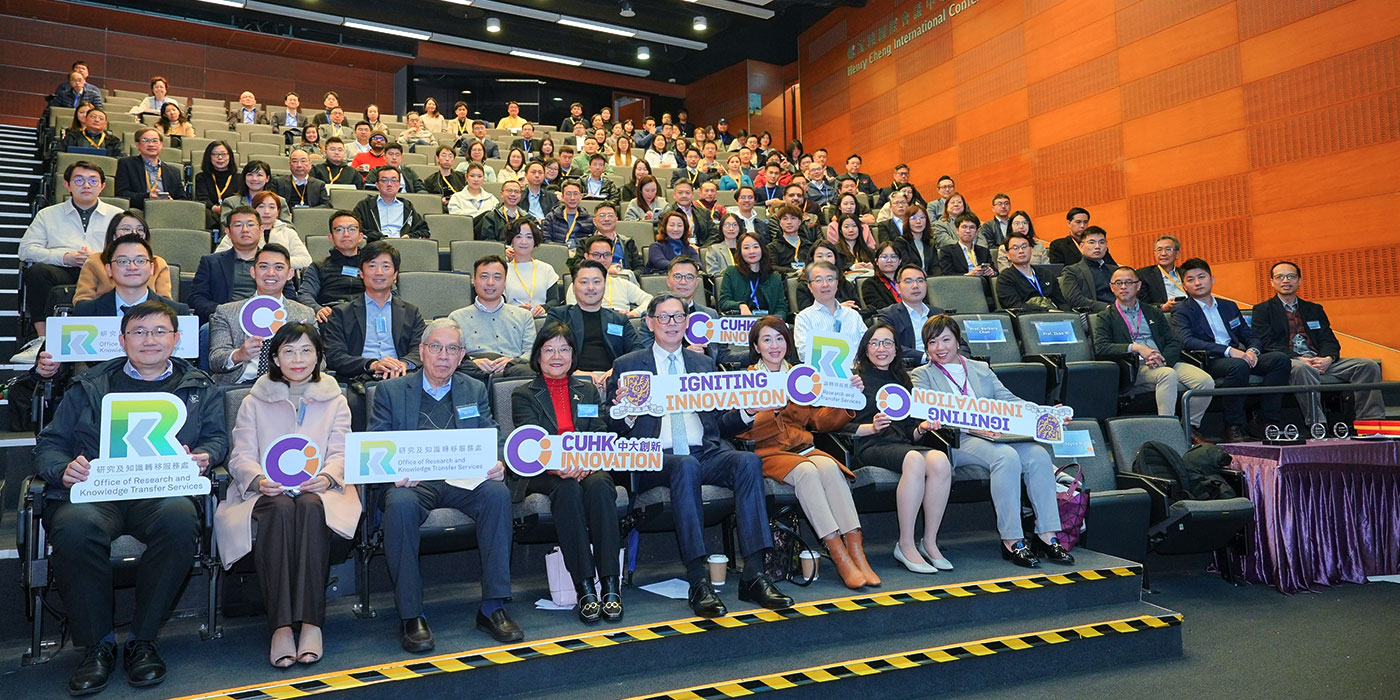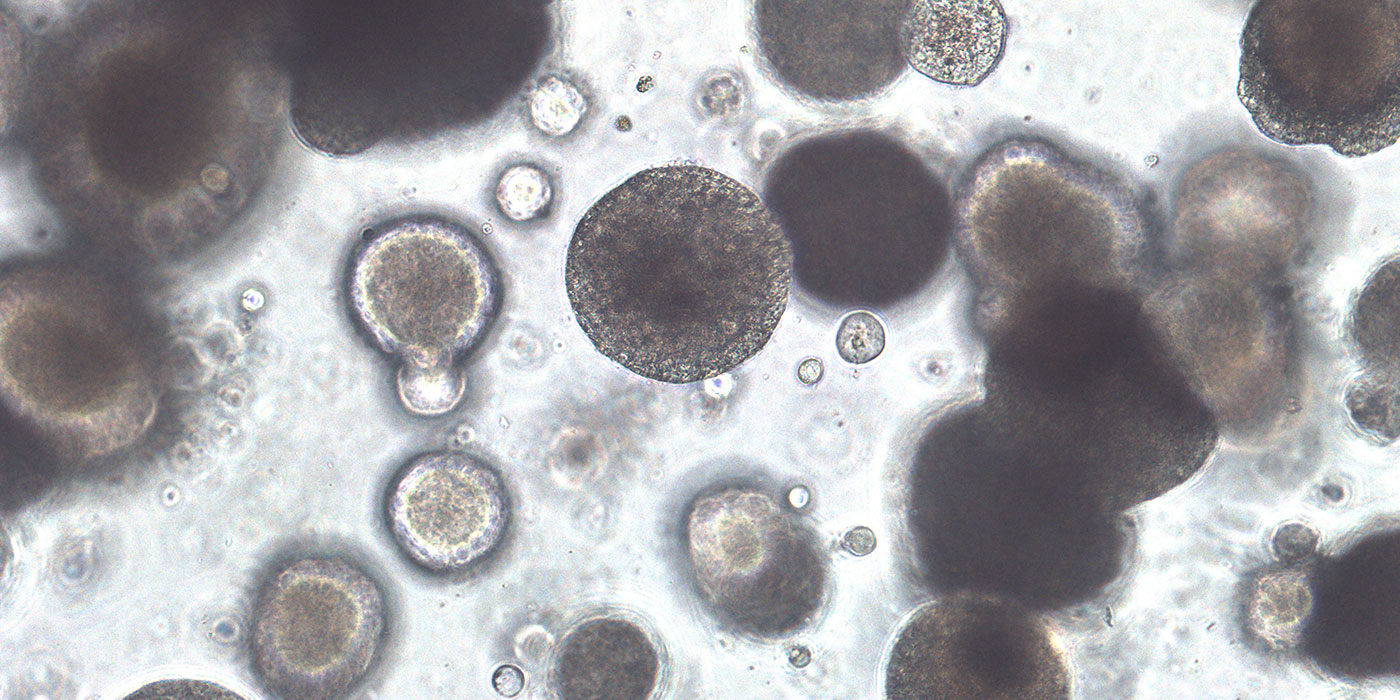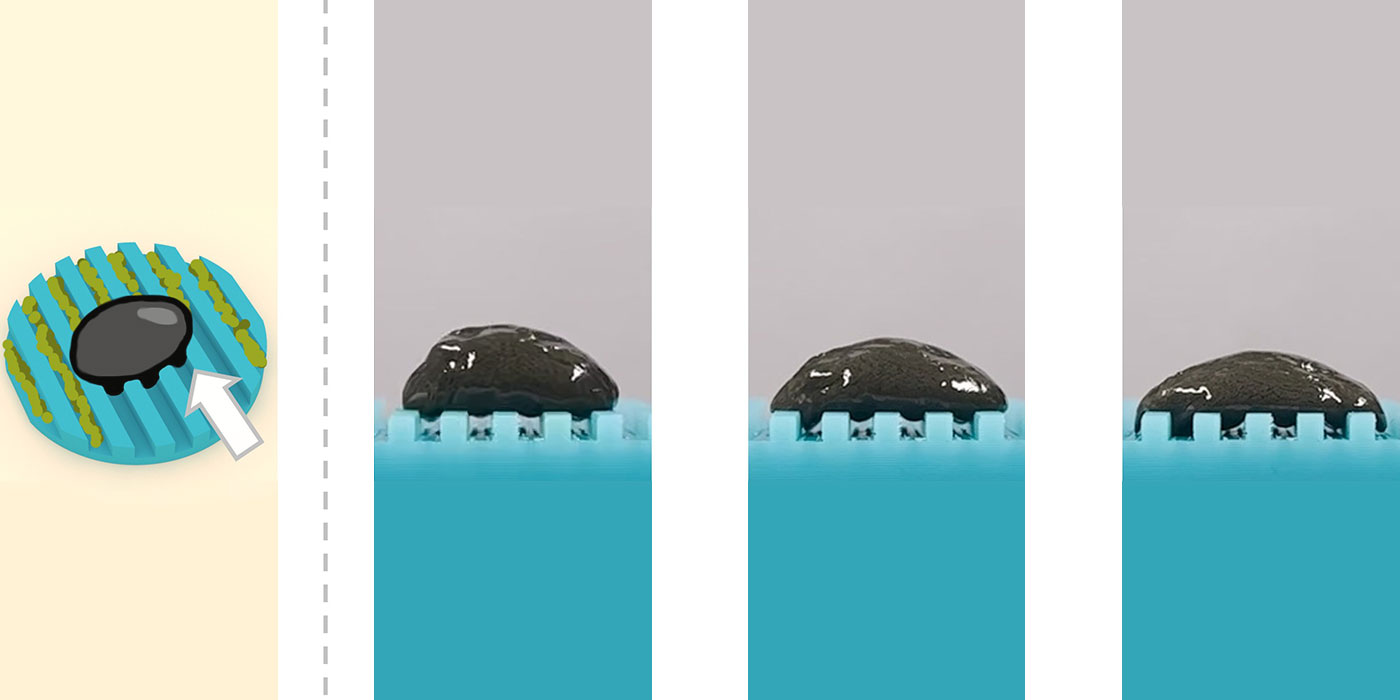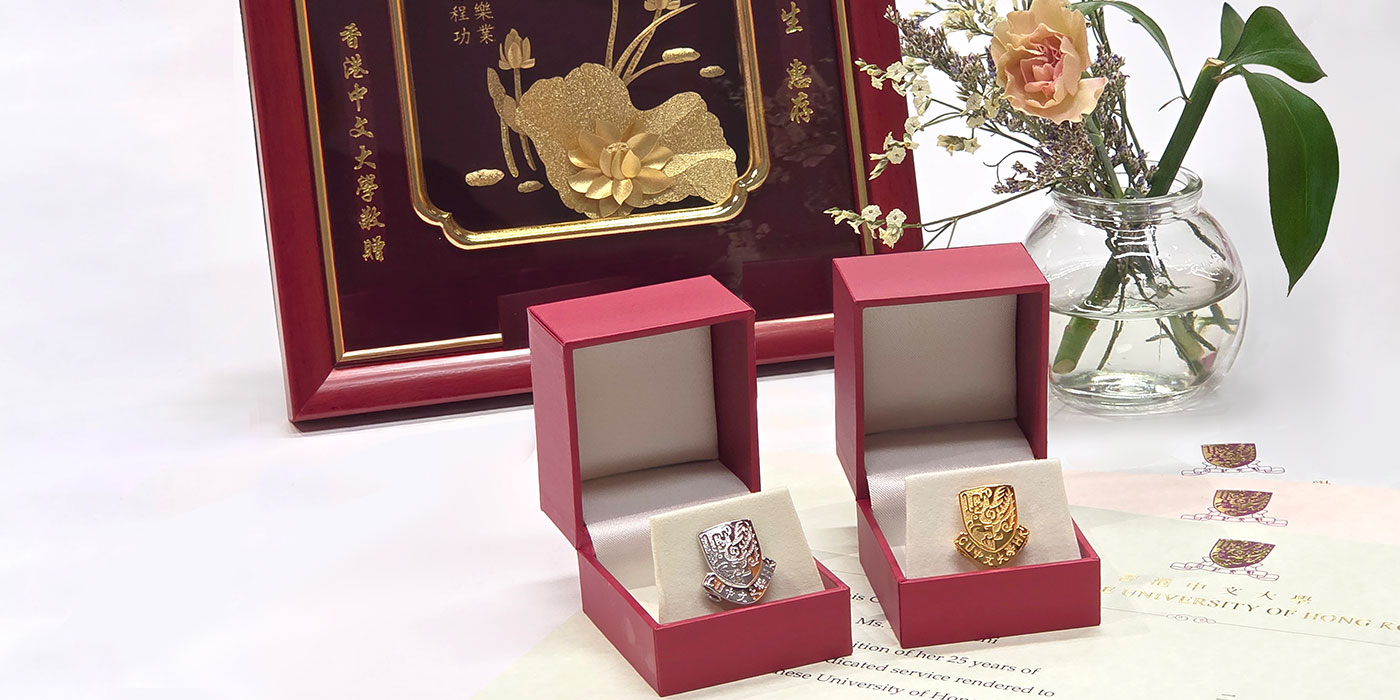How Serena Jin blossomed at CUHK
“Home is where the heart is,” said Professor Serena Jin Sheng-hwa when she was appointed an honorary fellow in 2012. “It is a sanctuary where one finds solace, strength, and a strong sense of belonging. It provides a sense of stability in the ever-changing world. The Chinese University of Hong Kong is my home, a place of eternal beauty, deep connections, and comfort. It is where my heart lives.”
Professor Jin started teaching at CUHK in 1965 and retired in 2005. She currently serves as Emeritus Professor of Translation and an honorary fellow at CUHK.
Professor Jin only started taking English lessons while in junior secondary school in Taiwan. When her family moved to Hong Kong she found it hard to cope with the English curriculum. But she made an all-out effort to catch up with her peers, and even set her sights on becoming an English major at university. In the late 1950s, she was accepted into the Department of English of Chung Chi College, one of three constituent colleges from which CUHK was later founded. Professor Jin’s college life was not confined to classrooms. She participated in the Inter-collegiate Debate Competition, representing the Mandarin-speaking group and performing so well that she went from third to first position in her team, which she led to victory in the overall championship.
A year after graduation, Professor Jin went to the US to study for her master’s degree. Upon returning to Chung Chi College two years later, she became a tutor in the Department of Religion and Philosophy, where she was responsible for arranging course schedules for students. In the department office she found herself sitting directly opposite Professor Lao Sze-kwang, who had been the chief judge when she competed in debates. “Little did I know I would become his colleague several years later. I had a happy time working there,” Professor Jin recalls.
While tutoring in the Department of Religion and Philosophy, she also became a “trailblazer” for establishing a Department of Translation at CUHK. Professor Jin explains how it happened: “At that time, each department had to submit a bilingual course list for the production of a college booklet. I was responsible for the Department of Religion and Philosophy’s submission. The College Secretary later told me that my submission was impressive as it did not require any sub-editing work. I also translated a speech for the Pro-Vice Chancellor and the quality of my work was also recognised. That was how I blazed the translation trail before the Department was established.”
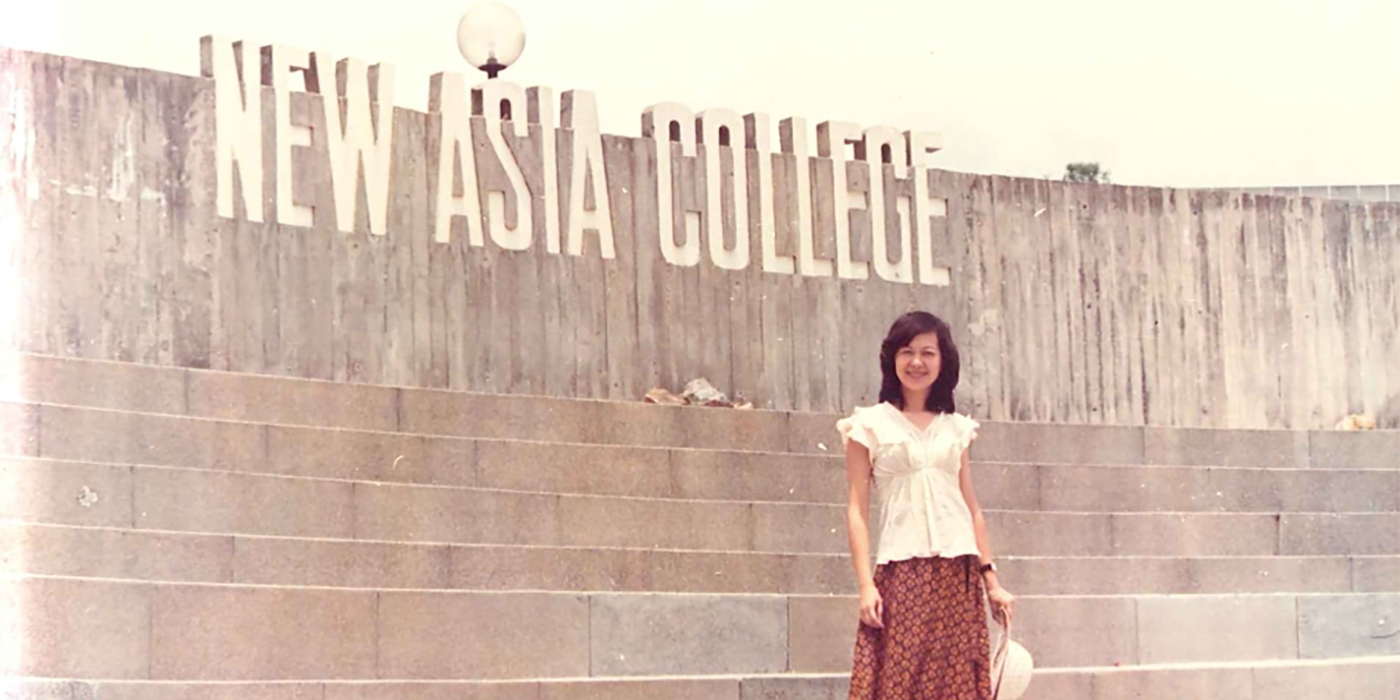
CUHK’s Department of Translation was eventually established in 1972 and housed at New Asia College. That same year, Professor Jin moved across from Chung Chi College to join the new Translation Department. She remained at New Asia College until her retirement.
Professor Jin and other Taiwanese scholars teaching at New Asia College initiated the establishment of Yun Chi Hsien, a restaurant famous for its beef noodles. “I was involved in the selection of carpets and dishes,” says Professor Jin. “I also gave suggestions for the restaurant’s interior decorations.” She recalls that Professor Lu Yaodong, a renowned historian and food critic, passed down his own beef noodles recipe. “Meal gatherings at Yun Chi Hsien were very happy.” Yun Chi Hsien became a place where professors from Taiwan would gather. “There were a lot of us, such as Professors Ambrose King Yeo-chi, Liu Shu-hsien, Chiao Chien and Lao Sze-kwang. Our small round table near the entrance could fit more than ten of us!”
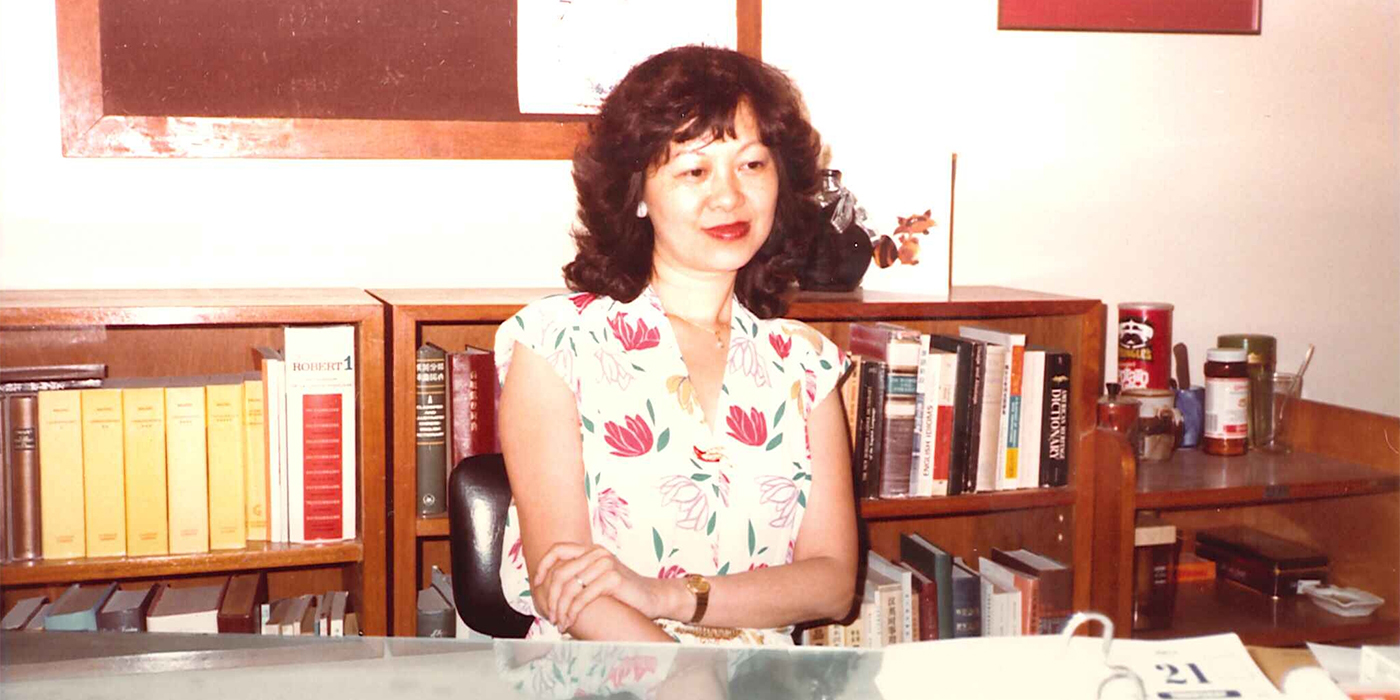
Professor Jin’s boundless oeuvre can be divided into three broad categories: translated works, treatises on translation studies, and creative writings. Over the years, she has translated poetry, letters, short stories, novellas, novels and plays. She finds it hard to say which works she has enjoyed translating most but three Chinese translations that stand out in her mind are: the British adaptation of Chinese tale The Orphan of Zhao; Fu Lei’s Family Letters (in English and French), a best seller published in 1981, and The Ballad of the Sad Café, a book published in 1951 by the American author Carson McCullers. “I strained every nerve to translate Fu Lei’s Family Letters,” says Professor Jin. “Fu was a renowned translator. As the one who had to translate his works, I knew that readers would have high expectations of me. I started with studying Fu’s own translations before translating three batches of his letters which each have a different language style.” The third batch of Fu’s letters are to famous in-laws of their famous pianist son, who settled in London in the late 1950s and married the daughter of the violinist and conductor Yehudi Menuhin. “It is the most complex piece of text,” Professor Jin notes. “It covers discussions on music, philosophy, and the everyday lives of the family’s kids. Therefore, I had to place close attention to the choice of language and strike a balance between formal and colloquial dictions, so as to produce the most faithful and effective translation.”
Professor Jin has penned citations for many CUHK honorary fellows and honorary graduates, including Jao Tsung-I, Ji Xianlin, Pai Hsien-yung, Yu Kwang-chung, Li Ka-shing, Gao Xingjian and Yang Liwei. She also spearheaded CUHK’s establishment in the year 2000 of the Global Youth Chinese Literary Award for the New Century, raising over HK$1 million for the first award. Professor Jin served as Chairperson for nine consecutive years. By the year the third award was held, 480 tertiary institutions worldwide were competing for the award.
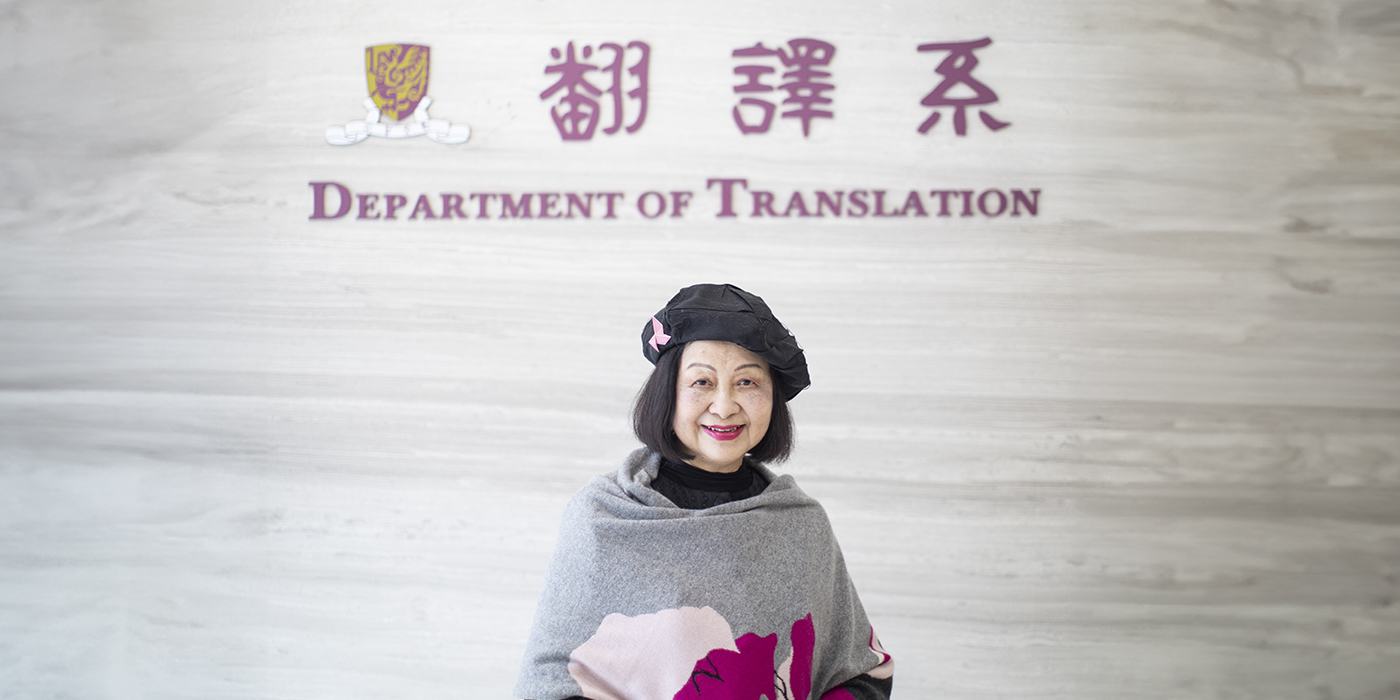
When Professor Jin gave a speech during the 64th Anniversary Celebration of New Asia College, she inspired the audience by quoting Emily Dickinson’s poem “To Make A Prairie” – “To make a prairie it takes a clover and one bee… And revery. The revery alone will do, If bees are few”. Sixty years ago, as a young academic, Professor Jin came to CUHK “empty-handed”, precisely as the lyrics of the New Asia College anthem describes. After many years of dedication and hard work, she has flourished and bloomed with grace.
Translated by Gillian Cheng
Photos by LCT
Reprinted from Chinese University Bulletin, No.1, 2024: Selections from CUHK 60th Anniversary Oral History Project

